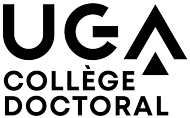PhD Status
The PhD can be completed on a full-time basis with dedicated funding or on a part-time basis according to conditions defined in the internal regulations of the Doctoral Schools.
Decree of May 25, 2016 setting the national framework of training and the modalities leading to the issuance of the national doctoral degree
Extract Article 1
Doctoral training is training to and through research and professional research experience. It leads to the production of new knowledge.
It includes personal research work carried out by the PhD student. It is supplemented by additional training validated by the Doctoral School. It involves work of scientific, economic, social, technological or cultural interest. It is sanctioned by the issuance of the national PhD diploma. The diploma, issued by an accredited public institution of higher education, confers on its holder the degree and the title of doctor.
The PhD diploma can be obtained within the framework of initial training and lifelong learning. The specific skills acquired during this training allow the holder to carry out a professional activity upon completion of the PhD in all fields of activity, in both the public and private sectors.
[...]
When the research work is carried out by the PhD student partly in a research unit or team attached to the Doctoral School in which he or she is enrolled and partly in a socio-economic or cultural organization that is not part of the Doctoral School, the conditions for alternating periods of work and research are the subject of an agreement.
This agreement sets out the terms of training, material and pedagogical support, and certification procedures, in compliance with the quality requirements required by this text. It is signed by the PhD student, the president or director of the PhD student's registration institution, and the head of the company or organization partnering the work-study program.
Under the responsibility of the accredited institutions, the Doctoral School sets the conditions for monitoring and supervising PhD students by means of a doctoral charter, the terms of which it defines.
[...]
In application of this charter, a training agreement, signed by the thesis supervisor and by the PhD student, indicates the names of the PhD student's registration institution, the Doctoral School and the host research unit or team; it also mentions the name(s) of the thesis supervisor(s), the director of the host unit or team, the PhD student and the rights and duties of the parties involved.
This training agreement mentions the subject of the doctoral thesis and the speciality of the degree, if applicable the conditions of funding for the doctoral student, as well as the following elements :
1° If the PhD is conducted on a full-time or part-time basis; in this case the professional status of the PhD student is specified ;
2° The schedule of the research project;
3° The modalities of supervision, training follow-up and progress of the PhD student's research;
4° The material conditions for carrying out the research project and, if applicable, the specific security conditions;
5° The modalities of integration into the research unit or team;
6° The PhD student's professional project;
7° The individual training path related to this personal project;
8° The objectives of valorization of the PhD student's research work: dissemination, publication and confidentiality, intellectual property rights according to the field of the PhD program.
The PhD student's training agreement takes into account other existing agreements. It can be modified as needed, during re-enrollment by agreement signed between the parties. The enrolment institution is the guarantor of its implementation.
The preparation of the PhD, within the Doctoral School, is generally carried out in three years in full-time equivalent devoted to research. In other cases, the duration of PhD preparation may be up to six years.
The duration of the doctoral training of a PhD student with a disability may be extended by the head of the institution upon the motivated request of the PhD student.
If the PhD student has benefited from maternity, paternity, childcare or adoption leave, parental leave, sick leave of more than four consecutive months, or leave of at least two months following a work accident, the duration of the PhD preparation period is extended upon request by the interested party.
Annual extensions may be granted by way of derogation by the head of the institution, on the proposal of the thesis supervisor and after the opinion of the monitoring committee and the director of the Doctoral School, on the basis of a reasoned request from the PhD student. The list of the beneficiaries of these derogations is presented each year to the Doctoral School Council and transmitted to the Research Commission of the Academic Council or to the body that takes its place in the institutions concerned.
Exceptionally, at the motivated request of the doctoral student, a period of unbreakable interruption of a maximum of one year may be granted once only, by decision of the head of the institution where the PhD student is enrolled, after agreement of the employer, if applicable, and the opinion of the thesis supervisor and the director of the Doctoral School. During this period, the PhD student temporarily suspends his or her training and research work, but may remain registered, if he or she so wishes, within his or her institution. This period is not counted in the duration of the thesis. The institution guarantees the PhD student who suspends his or her studies his or her registration in the PhD program at the end of the gap period.
Updated on April 6, 2021

